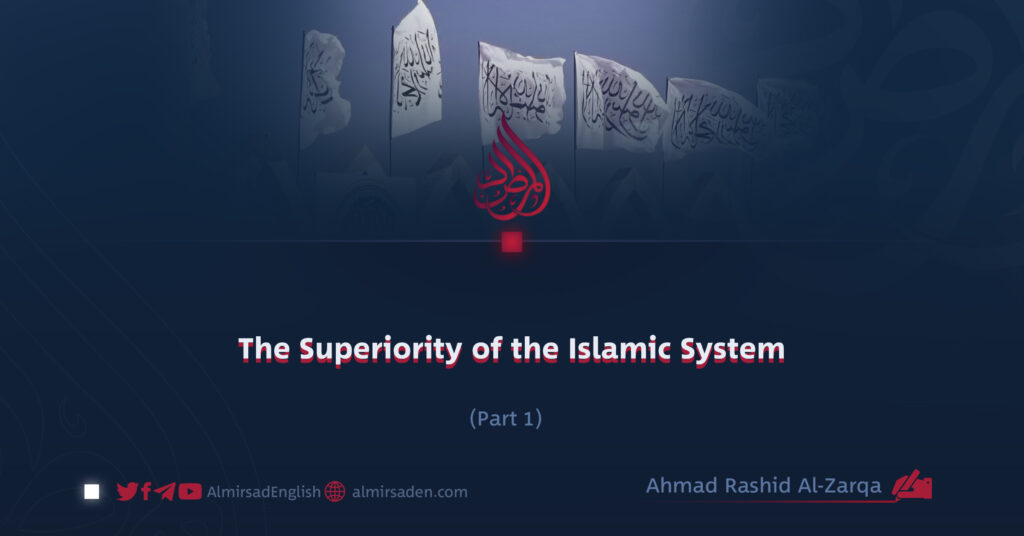Part 1
Ahmad Rashid Al-Zarqa
In the contemporary world, two primary types of governance systems exist. The first is a system born of human intellect and reasoning, devised by human beings through collective thought and deliberation. In modern societies, scholars, legislators, and politicians come together to formulate laws for the public. However, these man-made laws are inevitably subject to the fluctuations of human desires and are easily altered, amended, or abolished. As the distinguished scholar ʿAllāmah ʻAbd al-Qādir ʻAwdah (may Allah have mercy on him) remarked in his renowned work Al-Māl wa al-Ḥukm fī al-Islām:
“The laws and systems created by humans are always subject to change, modification, and cancellation whenever human desires demand it.”
In contrast, the second type is the Divine system. It is a complete, constant, and just framework ordained by Allah the Almighty. It is perfectly tailored to meet the physical, moral, social, and spiritual needs of humanity. This system has been presented to mankind through Islam, offering a comprehensive code of life grounded in divine wisdom.
The scholar ʿAllāmah Abdullah Al-Turaiqi noted in his book Al-Imāmah fī al-Islām that the Divine system remains beneficial and applicable to all people, in all times and places, from the dawn of creation until the Day of Judgment. It is not subject to alteration due to time, place, or societal conditions.
Islam is not merely a set of spiritual beliefs or rituals. It is a complete and holistic way of life. It seeks to reform the individual, structure society, uphold justice, ensure security, and implement the rulings of Allah in all aspects of governance. For this reason, it is incumbent upon every Islamic society to prioritize the establishment of an Islamic system. The higher goals of Islam cannot be realized without a just and organized government.
The clearest practical example of this is found in the actions of the Messenger of Allah (PBUH). After the Hijrah to Madinah, he established the first Islamic state, through which he enforced justice, implemented the divine limits (ḥudūd), nurtured individuals, and applied the Shariah in full. This illustrates a timeless truth. The implementation of Islam in its entirety is only possible through an Islamic government.
Without such a governing structure, the essential systems of Islam, including social, educational, judicial, and devotional aspects, remain incomplete. Many Islamic rulings are inseparable from governance, such as jihād, zakāt, spoils of war, retribution (qiṣāṣ), prescribed penalties (ḥudūd), and enjoining good and forbidding evil (amr bil-maʿrūf wa nahy ʿan al-munkar). These are not isolated acts of individual piety. They are comprehensive socio-political obligations.
Throughout human history, every civilization has preserved its identity and strength through political and military organization. Likewise, the security, survival, and progress of the Islamic Ummah are inherently tied to the presence and continuity of a robust Islamic system.
In this series, we aim to highlight the unique advantages of the Islamic system, point by point, to demonstrate why this divine framework stands as the most complete and effective solution for humanity. It is the key to the unity of the Ummah, the establishment of justice, the attainment of salvation, and the pleasure of Allah the Almighty.
